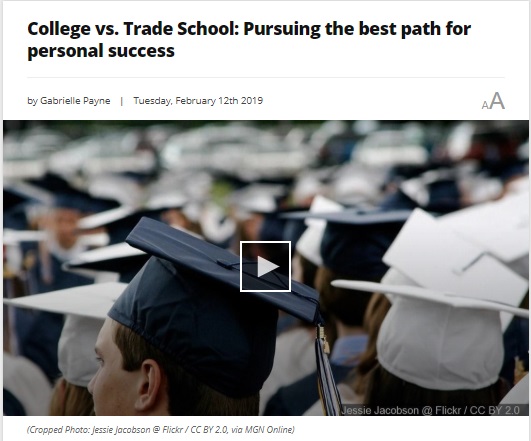I didn’t really want to pick up the book, “The Power of Habit- Why we do what we do in life and business”, by Charles Duhigg, but it was recommended by a colleague at work, and recommended by Google’s reps, so I figured “I’m short on book options so I’ll pick it up”.
It doesn’t SOUND like a good book… the cover doesn’t LOOK like a good book. It sounds pretty lame, but on the contrary, you should pick it up!
The book dives into habits, and discusses what habits really are, and how much of our lives are truly dictated by habits. Most of what we do on a day to day basis really is habit. Then it gets into both how they impact us, and how they impact our organizations.
Whether your looking at it from a personal perspective or you are looking at it from the standpoint of your organization, it applies. Every one of us is influenced by habits. Many of us are influencing OTHER people’s habits too, and therefore it is challenging to find someone who this doesn’t apply to.
One chapter in particular, Chapter 7 in the book and chapter 8 in the Audiobook, really stood out to me. This is because it is an area that I focus most of my day-to-day professional energy. Using data to frankly predict and understand what people are doing better than they do. To some people this chapter may be “enlightening”, as they don’t realize how the data is used around them and how companies are using it. To me personally, its not a surprise at all, as I’m one of the people doing this, and I’m well past the “surprise” stage, and frankly am doing cutting edge things that are beyond the scope of this book.
But this helped jump into some case studies that other companies are engaging in, and it talks about what they discovered about implementing this type of analytics, which is something many of us in this industry deal with on a regular basis.
The book is broken into four sections:
Part 1: Individuals
Part 2: Organizations
Part 3: Society
Appendix: What to do about it.
The chapters jump around quite a bit, so reading them out of order won’t cause you too much headache once you get past Part 1, which lays the groundwork for the rest. In addition, you can skip the appendix if your not trying to change your own habits.
Some people will find part 1 and part 3 most interesting, more of the corporate folks will find 1 and 2 more interesting, but get through part 1 and feel your way around a bit…. or just dive in and take it all in. You will be better off understanding how habits work, and how much they control our day to day lives.
Procter & Gamble’s Febreeze was going to be a failure, until they found out how to fit it into habits.
Target was able to predict whose going to have a baby when, even when mothers didn’t tell them, creeping them out until they changed their approach.
Hard to say this type of content isn’t relevant, and I’m skipping over the “obvious” take away from the book, which is how to identify a habit, identify the triggers and rewards, and then create a new habit to replace it. I’m guessing most people got that plot line by simply reading the title, but it is indeed in there. When I read other reviews on the book, this is actually the part they “focus” on, but to me this part isn’t the most important part- the application of this information is, and its the application of this knowledge to your life and organizations that can make a big difference to yourself and others… in fact it even changed the way I am approaching marketing MillionaireWho (which I wasn’t even going to market at all, until I really thought about how I need to get inside people’s day to day habits if I want to help improve their lives!)
I’d talk about it more, but I think in this case you should pick it up.
One of the easiest ways for me to judge if I like a book or not is to determine what I do when I get home. I primarily “read” audiobooks, and listen during my 1 hour daily commute. Books I don’t like, I’ll “forget” to restart it the next time I get in the car at worst, or just shut it off and keep listening to it next time I get in the car at best.
The really good books however, I’ll sit in the garage for a while when I get home, or I’ll sit in the parking lot for a little bit after I get to work, because I don’t want to shut it off.
The BEST books on the other hand, I plug headphones into, and find an excuse to listen to it at various times throughout the days. these books are incredibly rare.
The Power of Habit definitely falls in the “really good” book category, but not the “best”. I recommend others read it. It actually has new original information you haven’t pulled together in this way before, which is really helpful to your personal life and career. I didn’t want to go into the house when I got home, and I didn’t want to head into the office when I got to work- I wanted to keep listening. What is really impressive about this, is the book is over TEN HOURS long. There are other long audiobooks, but there’s a lot that are just a couple of hours long. This was more than 10 hours, and totally worth it.
You’ll start living with a different perspective on things! So if this intrigues you, go pick up the book… and if it doesn’t… well, your missing out!
The book:
The Audiobook:




